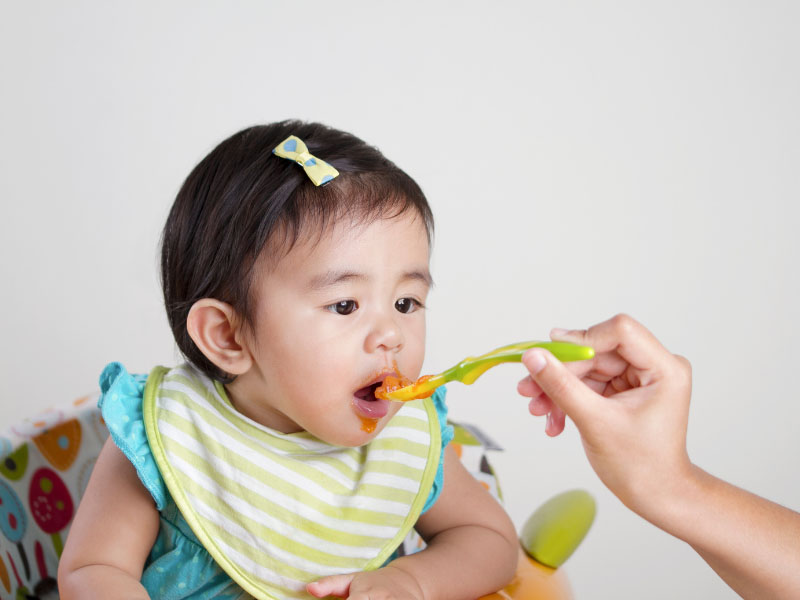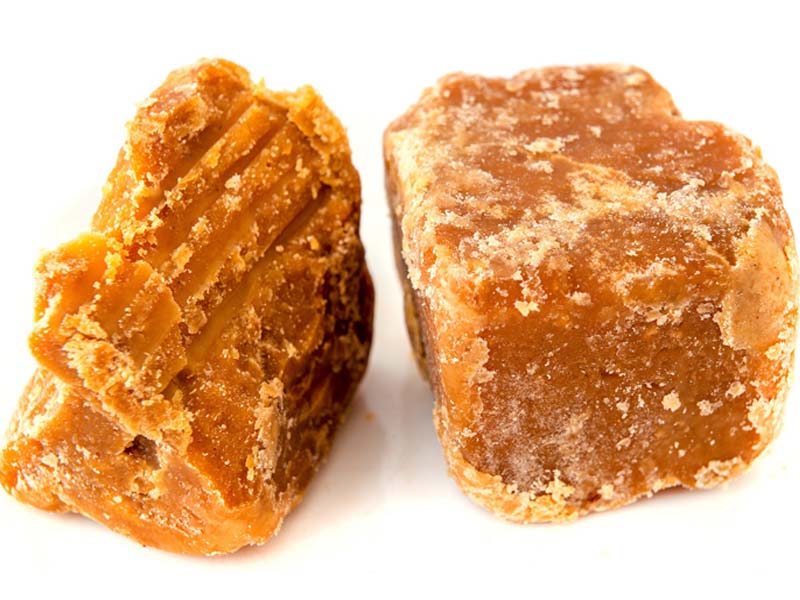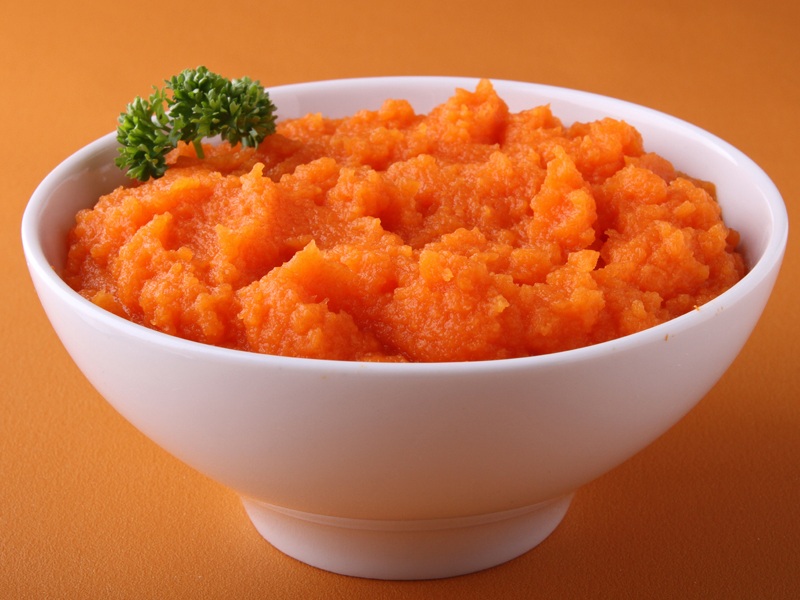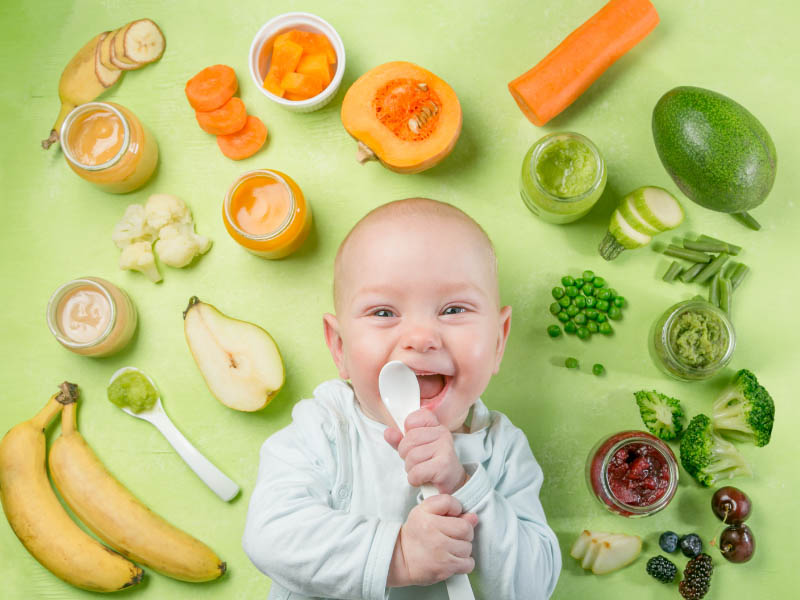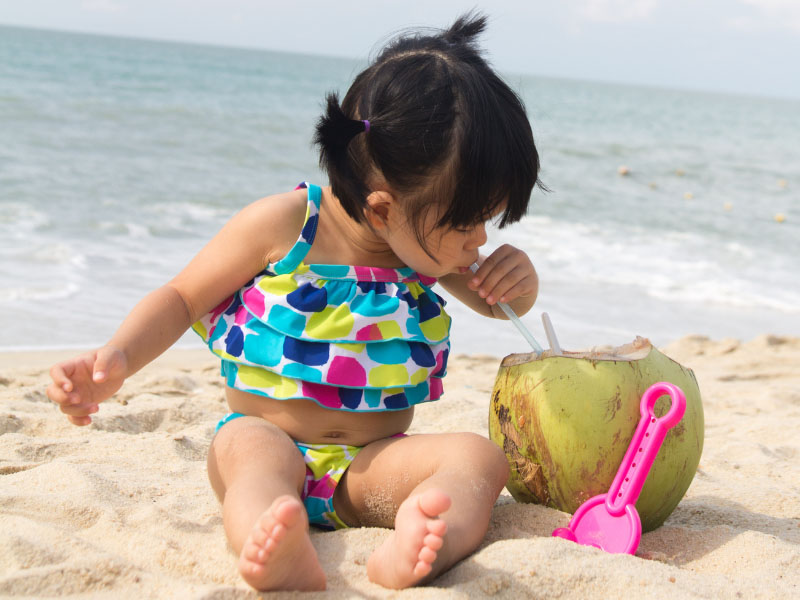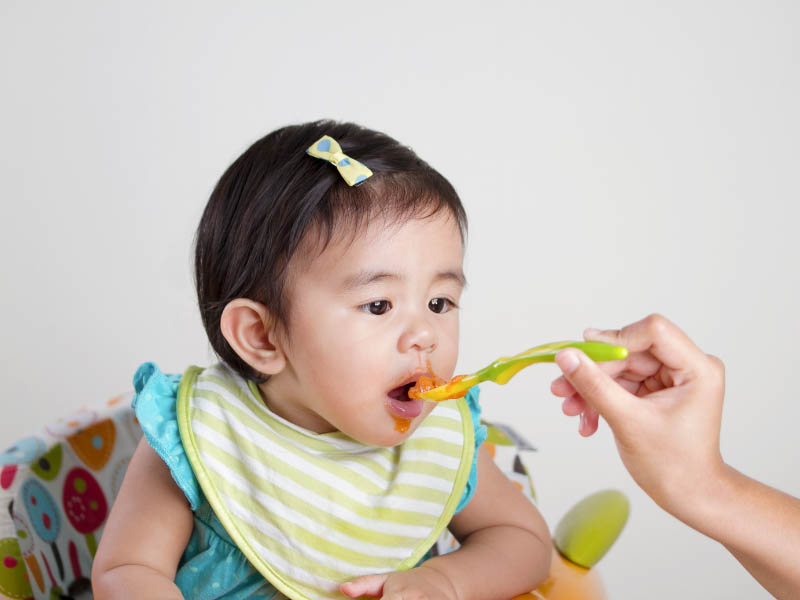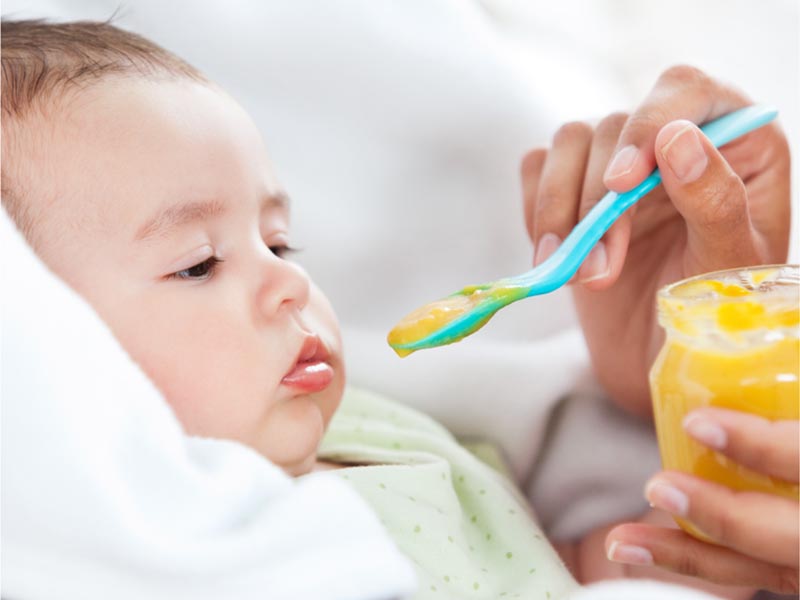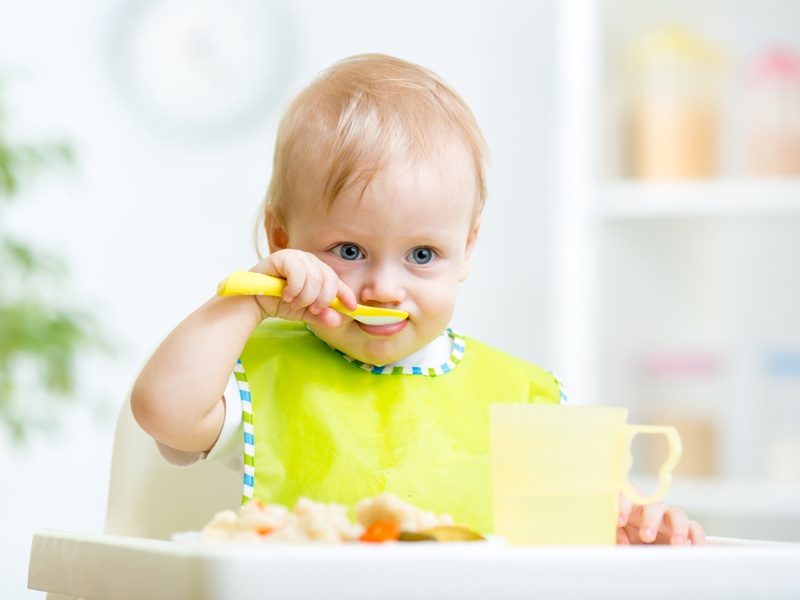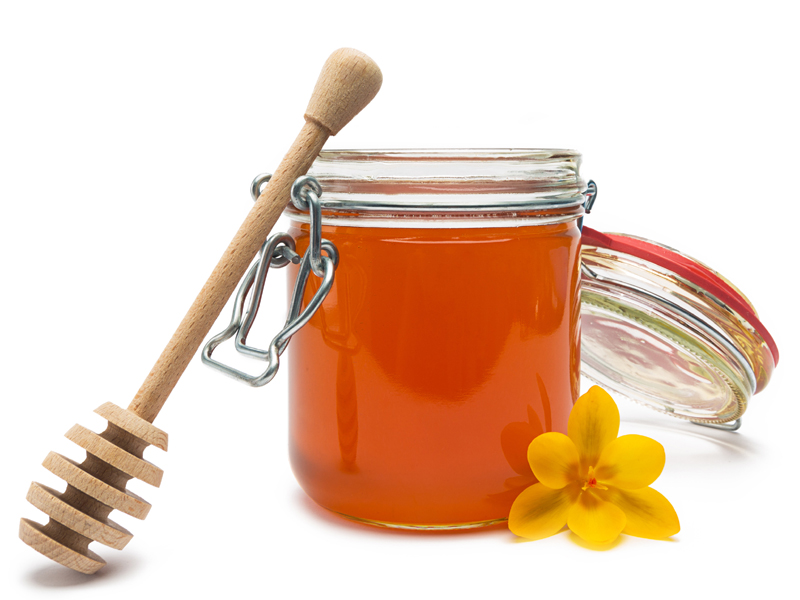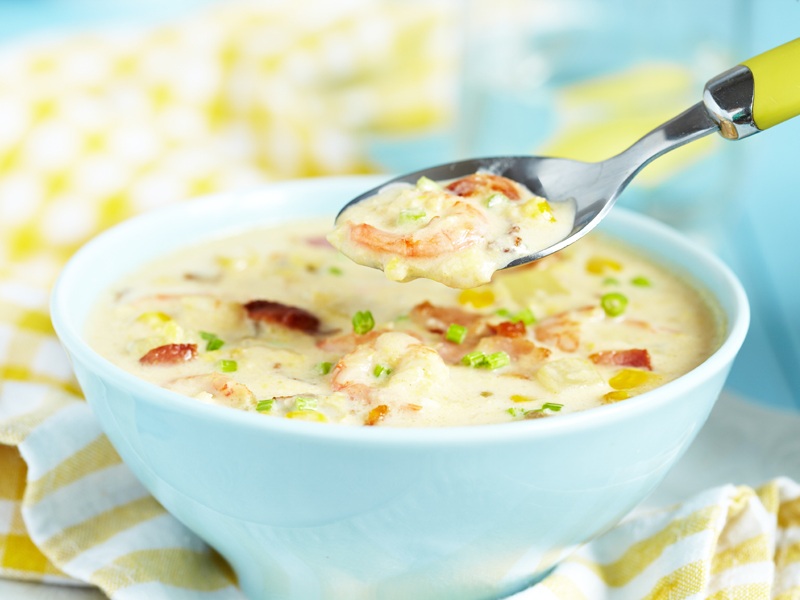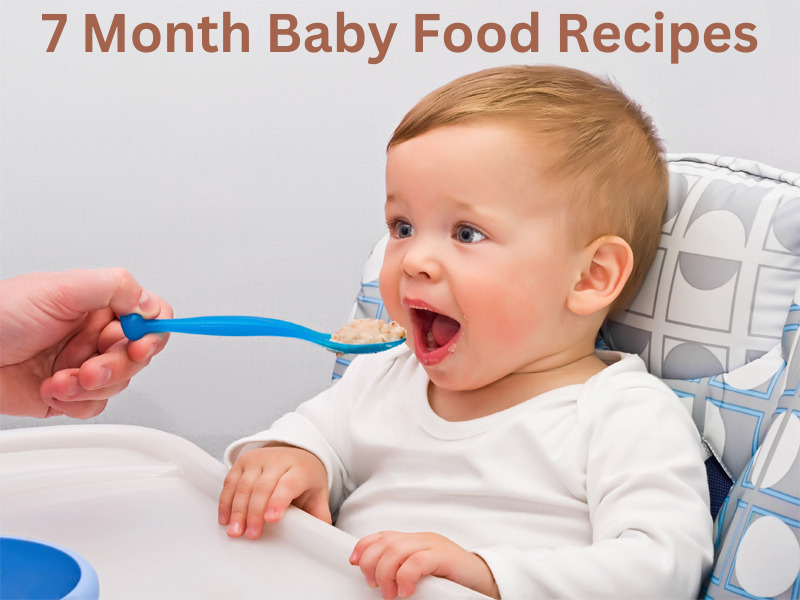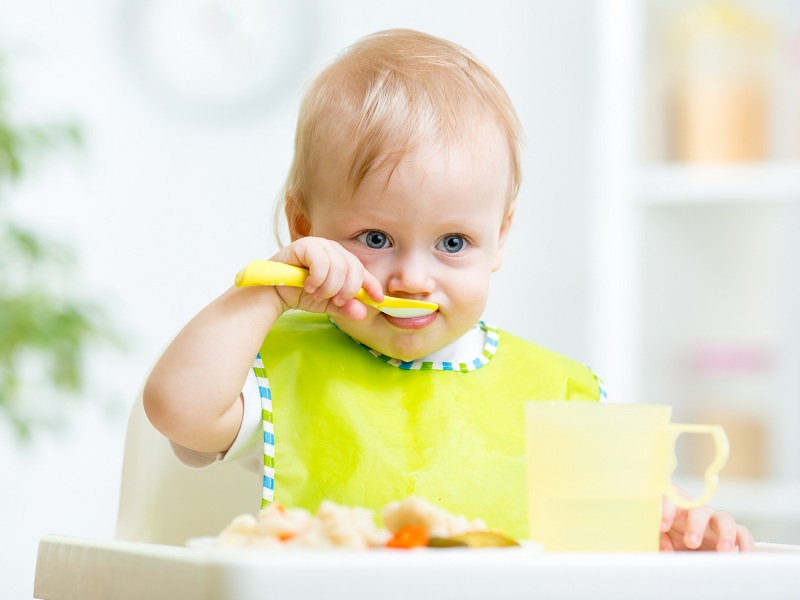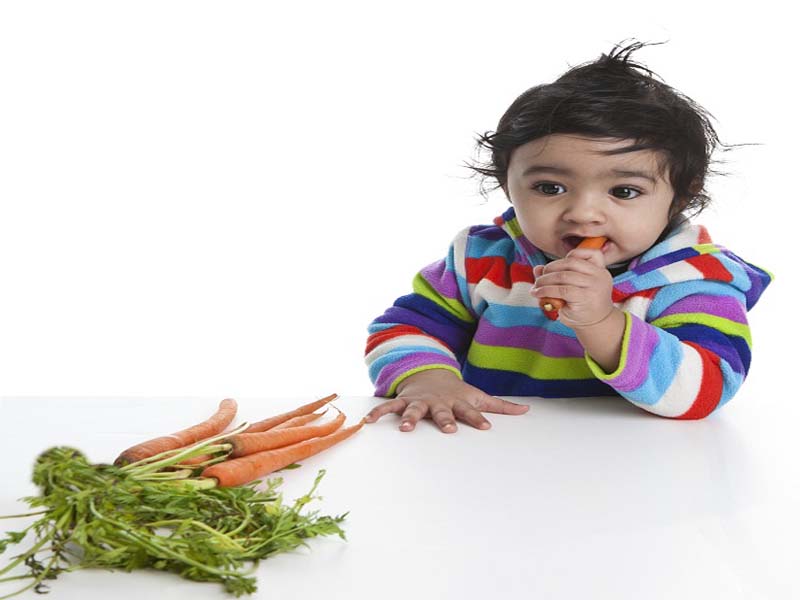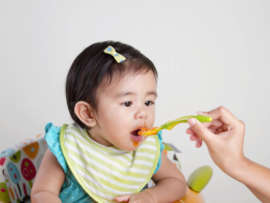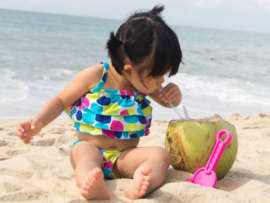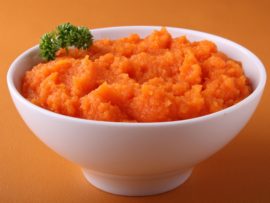Jaggery or popularly known as ‘gud’ has been a part of Indian households for centuries. The delectable sweet was once used as a sweet dish that was served to guests and still is in rural India. On the other hand, Jaggery is also used as a common sweetening agent in many recipes. Because of its profound sweetness as well as its high content of vitamins and minerals making, it is also a healthier alternative. Gud, though has been not only a part of the adult diet. But also a very popular ingredient in baby recipes. But is jaggery good for babies? Let’s find out if we can give jaggery to babies and, if yes, what are its pros and cons.
Can We Give Jaggery To Babies For Consumption? Is It Safe?
Yes, Jaggery is safe, even though the debate surrounding jaggery and its consumption. Have always been at loggerheads from both ends, Jaggery can actually be consumed by babies. Although what needs to be kept in mind is the age and the method. We used to feed this ingredient as that plays a vital role.
The Right Time To Start Including Jaggery in Your Baby’s Diet
This is the most important aspect to keep in mind. As advised by the doctor, no real form of sugar should be fed to babies till they aren’t one year old. So, jaggery should only be included in the diet of a baby after they turn one year old. Once your baby is a year old. You can start including jaggery in their food but only in a specific quantity.
Read: Honey Benefits For Infants
Benefits Of Jaggery For Babies:
Jaggery contains a lot of vitamins and minerals that help with normal baby ailments such as,
1. Anemia:
A lot of kids, generally babies, suffer from anemia due to the low iron content in their blood. A small amount of jaggery, such as 10 gm, contains 0.3 mg of iron. Which is the recommended dietary allowance for daily consumption suggested by RDA.
2. Flu Treatment:
Jaggery for newborns helps in treating cough and cold instantly. Jaggery helps in regulating the body temperature of the baby. As well as bringing it down if they have a high temperature. A concoction made of jaggery and warm water can be used to treat the flu, cold or a minor cough.
3. Strengthening Of Bones As Well As Increase In Immunity:
Jaggery contains minerals that are very essential in the development of the body. And, it also contains multiple vitamins and calcium that help in increasing the immunity of the baby. As well as strengthening their bones in the early stage of growth.
Side Effects Of Jaggery On Babies
1. Early Cavity Development:
Jaggery contains a very high amount of sugar which is also the main cause of cavity and tooth decay. So even though people think that jaggery may be a healthy sweet alternative. It surely isn’t and can cause tooth decay as well as severe toothaches.
2. Allergies:
While jaggery is considered to be healthy, the components in it can be harmful to many. There are cases where people are allergic to common nutrients as well as vitamins or sugar. In this case, it is possible that someone with an allergy can get severe reactions. Thus it is advised to consult a doctor and only feed small quantities to a baby to test the reaction.
Read: Tasty Food Recipes for Toddlers
3. Constipation:
Babies tend to have a very systematic approach towards food. Feeding them anything in huge quantities or things. That may not be too suitable for their appetite and will lead to constipation. Similarly, jaggery for toddlers should only be given in very small quantities. As this can cause pain in the abdomen, loose stools and similar issues.
3 Simple Jaggery Recipes For Babies
1. Sweet Flat Bread (Roti/Paratha):
Jaggery can be added to the flour and water while binding it to form a dough. This dough can then be flattened using a rolling pin and cooked on a flat pan. This sweetened flatbed is very tasty and healthy. As well as easy to eat and can be eaten as it is or with any side. This dish can be savoured by people of all age groups.
2. Puffed Rice Balls (Kurmure Ki Chikki/Ladoo):
Kids simply love to binge eat crunchy food. But when they are even younger, feeding them anything off the shelves is not a good choice. Puffed rice comes here in handy, use some puffed rice along with jaggery syrup and tada! You have a crunchy, tasty and healthy sweet dish. The puffed rice and jaggery can be combined to form small balls. That will harden as sugar in jaggery will make the syrup harden up and also keep the shape of the balls intact. They can also be stored and have a good shelf life if stored in airtight containers.
3. Sweet Rice Porridge (kheer/Meethi Bhat):
Cooked rice, milk, jaggery and a pan that’s all you need to cook this sweet delicacy. That is also considered to be a festive food. This sweet dish can be cooked with both sugar and jaggery and eaten as it is. This dish is easy to eat, even for kids. Who is still getting their milk teeth and is loved by old and young alike? You can also add crushed nuts to add some more health quotient to this recipe as well as some crunchiness.
Palm Jaggery And Different Ways To Use It For A Baby
Palm Jaggery is a more priced substitute for sugarcane jaggery. It is made out of the sap of the palm tree. The sap of the Palm tree is then crushed to get a sticky consistency of the sweet liquid. This liquid is then cooked in a very huge shallow pot for hours until it gets into a consistency suitable to cool down and form jaggery.
This form of jaggery isn’t easily available. Palm jaggery is similar to the common sugarcane jaggery. Plam Jaggery contains high iron and calcium and it can be consumed by babies and people of all ages. The ingredient is a good way to include all the necessary nutrients in your diet.
As like Jaggery, palm jaggery is also used in multiple recipes. As well as used for treating flu and cold and increasing the immunity of everyone. Babies can be fed palm jaggery after they turn a year old. As early consumption can be a little dangerous for the baby.
Read: Organic Baby Food Brands In India
Jaggery is a good way to include minerals and vitamins in your babies’ diet. Without using any external supplements or ingredients. Not only is jaggery cheaper than all the other sources, but also far more effective and that too instantly. Though there are certain side effects of jaggery, one will only experience them in case of over-consumption. Thus including jaggery in your child’s diet is completely safe; also, be it jaggery for infants and jaggery for adults, the ingredient is equally beneficial.
Frequently Asked Questions And Answers:
1. Can I Use Jaggery As A Substitute For Sugar?
Yes, you can use jaggery as a substitute for normal white or brown granulated/powdered sugar, as jaggery is 97% sugar. So it provides an ample amount of sweetness. Many recipes are prepared using jaggery instead of sugar.
2. Is Jaggery Better Than Sugar?
Jaggery and sugar both have a high number of calories. Jaggery contains 97% sugar, so it cannot be said to be better than sugar. But, yes, jaggery does contain a lot of minerals and vitamins that sugar does not.
3. Can Adults Also Use Jaggery To Treat Flu And Cold?
Yes, adults too can use a concoction of warm water and jaggery or one can simply keep a piece of jaggery in their mouth and let it melt on its own accord. There are several other ways to treat many ailments using jaggery, easily available on the internet.


